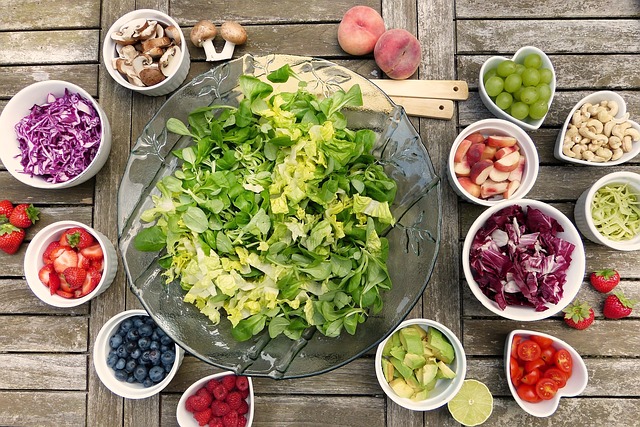Pregnancy & Nutrition Tips

Pregnancy, the happy stage of a woman’s life can get complicated if proper care is not taken. It is important to care for both under nutrition and over nutrition as it is a physiological burden on a woman’s body.
To understand it better, let us divide the nutrients and understand the significance of each and how much and why we need them.
The various nutrients that need to be taken care of comprises of:
- Energy: An increased calorie intake of 300 kcal is needed to meet the growing needs of the baby, for the growth of maternal tissue and to maintain good health of the uterus. This increase in calorie need can be compensated by an additional two glasses of milk/paneer/chaach.
- Protein: The regular protein requirement is 1 gm per kg body weight. During pregnancy there is an increased need of 15 g for the healthy growth of the baby and the mother. Rich sources are eggs, paneer etc.
- Folic Acid: This is a very important nutrient during pregnancy. Deficiency of folic acid may lead to neural tube defects in the baby . 600ug/d is the prescribed dose for the same. Rich sources are dark green vegetables like broccoli, spinach and dried legumes.
- Iodine: There is an increased need of 25mg per day to prevent mental retardation, still birth and promote healthy development of the brain of the baby. Good sources of iodine are sea vegetables, cranberries, cheese etc.
- Iron: Iron is needed for the formation of blood for the baby’s growth, to replace blood loss during delivery and to provide for reserves for the baby as mother’s milk lacks sufficient iron. The additional iron need can be calculated to 700 mg extra. Some good sources of iron are red meat, pork, poultry ,and dark green leafy vegetables.
- Vitamin C: Vitamin C helps in the absorption of iron and hence with increased iron intake there needs to be an increased consumption of vitamin C. 10 mg extra needs to be consumed. Good sources of vitamin C are dark green leafy vegetables , kiwi, oranges, amla (gooseberry)etc.
- Calcium: Calcium needs can be calculated to about 1300 mg per day for a woman less than 19 years of age and 1000 mg per day for an adult woman. The normal calcium needs for a woman is around 600 mg per day. Good source of calcium is dark green leafy vegetables, soy, milk products. To put it simply, one glass of milk/fermented milk product has approx 150 calories, and milk is a complete meal in itself. If the expecting mother just adds 2 glasses of milk or paneer or chaach made from 500 ml milk, that is sufficient to meet the additional needs during pregnancy. The only thing lacking in milk is iron which can be taken care of separately.
Right care taken during pregnancy can go a long way in preventing complications and in promoting good health for both the mother and the child.
To read more on Pregnancy, click on the link below,


